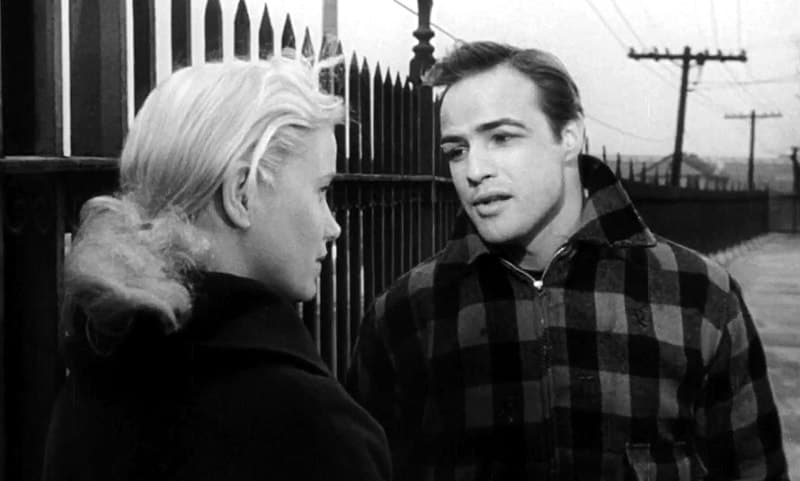Hochul Acts To Save Waterfront Commission, Suing New Jersey in Supreme Court
The commission has been under existential threat for years from New Jersey, which seeks to withdraw from the interstate agency it created with the Empire State in 1953. That would in effect terminate the commission.

In a last-ditch effort to save the Waterfront Commission of New York Harbor — the crime-fighting agency whose creation was inspired by The New York Sun’s reporting — Governor Hochul has filed suit against New Jersey at the Supreme Court.
“New Jersey’s attempt to terminate this commission is unlawful, ill-advised, and infringes on our efforts to crack down on crime,” Attorney General Letitia James, whose office filed the lawsuit, said Monday.
Ending the commission would cause “harm to New York State,” Ms. Hochul said, citing risks from “increased crime to higher prices to employment inequities.”
The commission has been under existential threat for years from New Jersey, which seeks to withdraw from the interstate agency it created with the Empire State in 1953. That would in effect terminate the commission.
New Jersey most recently vowed to pull its commissioner on March 28. The Garden State claims its state police can do a better job patrolling the docks on their own.
New York’s lawsuit asks the Supreme Court to act on its request in time for the justices’ March 25 conference, just days before New Jersey’s intended action.
The suit, noting the commission is an interstate compact, contends that “no compacting party may unilaterally terminate or alter the agreement, unless expressly authorized to do so by the compact.” The enabling legislation for the commission allows for its amendment only with agreement of both states.
The reason the compact had to be established is that it is a prima facie violation of the Constitution for New York and New Jersey — or any other states — to “enter into any agreement or compact with another State” absent the approval of Congress.
Critics in the press have said New Jersey’s lawmakers are influenced by the powerful International Longshoremen’s Association, the labor union that for decades has held sway over the loading and unloading of ships in New York harbor.
The union has “Trenton lawmakers in their pocket,” the Daily News claimed. The union has also been accused of having links to organized crime. The New York Post contended removing the commission would “hand the ports over to the mob.”
In a statement, the commission’s executive director, Walter Arsenault, said he was “very pleased with New York’s action today to stop New Jersey from illegally seeking to unilaterally dissolve the Waterfront Commission.”
Mr. Arsenault has previously noted his concerns about the influence of the longshoremen’s union in hiring decisions in New York harbor.
The union, Mr. Arsenault has said, denies jobs to “well-deserving residents of the Port’s surrounding communities” even as jobs go to “those who are connected to union leadership or organized crime figures.”
The commission’s formation was prompted by a series of articles in the Sun written by Malcolm Johnson in 1948, for which he won the Pulitzer Prize for local reporting.
The commission’s subsequent anti-crime efforts served as the basis for Elia Kazan’s 1954 film “On the Waterfront,” starring Marlon Brando as longshoreman Terry Malloy.
Initially exploited by the underworld dock bosses, who derail his promising boxing career, Brando’s character finds romance with Eva Marie Saint and later redeems himself by testifying to the Waterfront Commission about the wrongdoing in the harbor.

